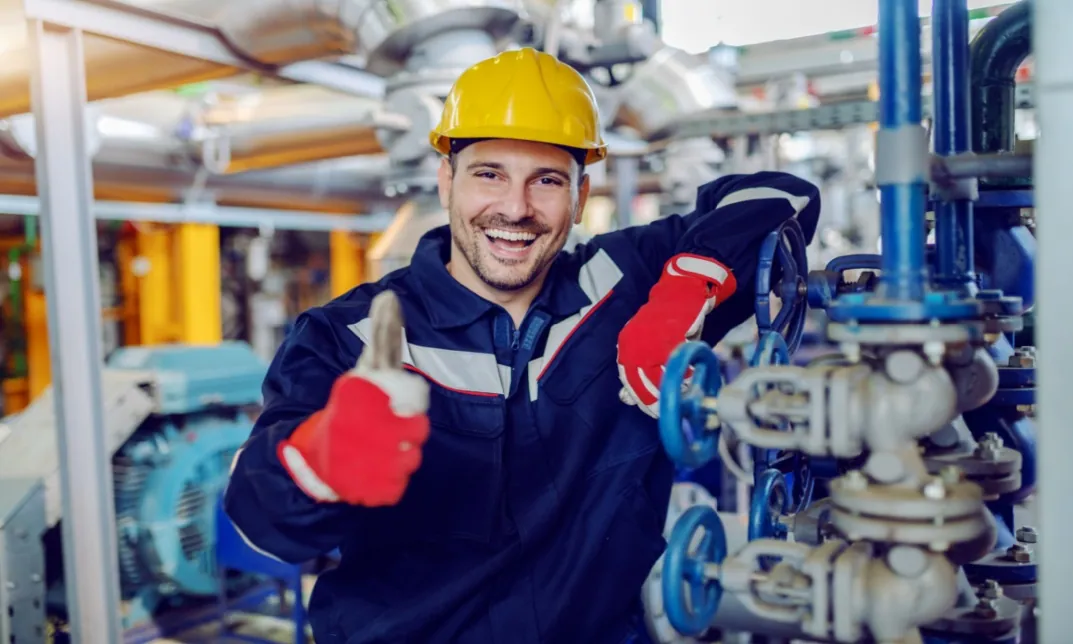Have you ever wondered what keeps your home’s heating running smoothly or how your gas appliances remain safe to use? The answer lies in the skilled hands of a gas engineer. These professionals play a crucial role in ensuring that gas systems are installed, maintained, and repaired correctly. But what does a gas engineer do, exactly?
The Role of a Gas Engineer
A gas engineer is responsible for a range of tasks related to gas systems. They work with both residential and commercial clients to ensure that gas appliances and systems are safe and efficient. Moreover, their work is vital for preventing gas leaks and ensuring that heating systems operate correctly.
Key Responsibilities:
- Installation: Gas engineers install gas appliances such as boilers, ovens, and heaters. They ensure that these installations meet safety standards and work efficiently.
- Maintenance: Regular maintenance is crucial for the safe operation of gas systems. Gas engineers perform routine checks to identify potential issues before they become serious problems.
- Repairs: When something goes wrong, gas engineers are called upon to diagnose and fix the problem. This could involve anything from a faulty boiler to a gas leak.
- Inspections: They conduct safety inspections to ensure that all gas systems comply with current regulations.
Why Safety is Important
Safety is at the heart of what a gas engineer does. Gas is a highly flammable substance, and any leaks can lead to dangerous situations. Therefore, gas engineers are trained to follow strict safety protocols. They use specialised tools to detect leaks and ensure that all installations are secure.
Skills and Qualifications
To become a gas engineer, one must undergo rigorous training and obtain the necessary qualifications. This includes:
- Certification: A gas engineer must be certified by a recognised body, such as Gas Safe in the UK. This certification ensures that they have the knowledge and skills to work safely with gas.
- Technical Skills: They must understand how different gas systems work and be able to troubleshoot issues effectively.
- Attention to Detail: Given the safety risks involved, gas engineers must pay close attention to detail to avoid mistakes.
Why Hire a Professional Gas Engineer?
Hiring a professional gas engineer is essential for anyone with gas appliances in their home or business. Here are a few reasons why:
- Expertise: Professional gas engineers have the training and experience needed to handle complex gas systems safely.
- Safety: They ensure that all gas installations and repairs meet safety standards, reducing the risk of accidents.
- Efficiency: Proper maintenance by a gas engineer can improve the efficiency of your gas appliances, saving you money on energy bills.
- Compliance: They ensure that your gas systems comply with all relevant regulations, avoiding potential legal issues.
What training does a gas engineer need?
Recognised Training Program: Gas engineers must complete a training program that provides theoretical and practical knowledge about gas systems.
- Certification: Obtaining certification from a regulatory body such as Gas Safe is essential for legally working as a gas engineer.
- Installation Skills: Learn how to install various gas appliances, including boilers, cookers, and heating systems.
- Maintenance and Repair: Gain skills in maintaining and repairing gas systems to ensure their safe and efficient operation.
- Safety Protocols: Understand and apply safety protocols to prevent accidents and ensure compliance with regulatory standards.
- Regulatory Knowledge: Familiarise with legal requirements and industry standards related to gas engineering.
- Hands-On Experience: Acquire practical experience through hands-on training, which is crucial for developing problem-solving skills and technical expertise.
How often should gas appliances be serviced?
It is recommended that gas appliances be serviced at least once a year by a qualified gas engineer. Regular servicing helps to ensure that appliances operate safely and efficiently.
What should I do if I smell gas?
If you smell gas, it is crucial to act quickly. Turn off the gas supply, ventilate the area by opening windows and doors, and contact a certified gas engineer immediately. Do not use electrical switches or naked flames, as these could ignite the gas.
Conclusion
In conclusion, understanding what a gas engineer does highlights the importance of their role in maintaining the safety and efficiency of gas systems. From installation to repair, their expertise ensures that homes and businesses remain safe and warm. Therefore, if you have gas appliances, it is wise to engage a certified gas engineer for all your gas needs. This not only guarantees safety but also peace of mind, knowing that your gas systems are in capable hands.




